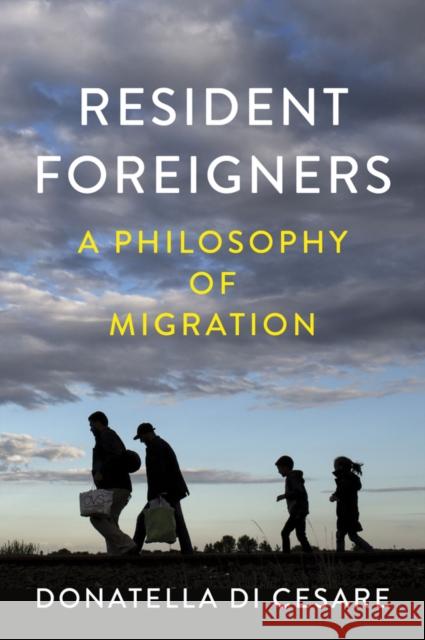Resident Foreigners: A Philosophy of Migration » książka
topmenu
Resident Foreigners: A Philosophy of Migration
ISBN-13: 9781509533541 / Angielski / Twarda / 2020 / 260 str.
Resident Foreigners: A Philosophy of Migration
ISBN-13: 9781509533541 / Angielski / Twarda / 2020 / 260 str.
cena 281,82
(netto: 268,40 VAT: 5%)
Najniższa cena z 30 dni: 280,09
(netto: 268,40 VAT: 5%)
Najniższa cena z 30 dni: 280,09
Termin realizacji zamówienia:
ok. 30 dni roboczych.
ok. 30 dni roboczych.
Darmowa dostawa!
Kategorie BISAC:
Wydawca:
Polity Press
Język:
Angielski
ISBN-13:
9781509533541
Rok wydania:
2020
Ilość stron:
260
Waga:
0.47 kg
Wymiary:
23.4 x 15.2 x 2.3
Oprawa:
Twarda
Wolumenów:
01
Dodatkowe informacje:
Bibliografia











